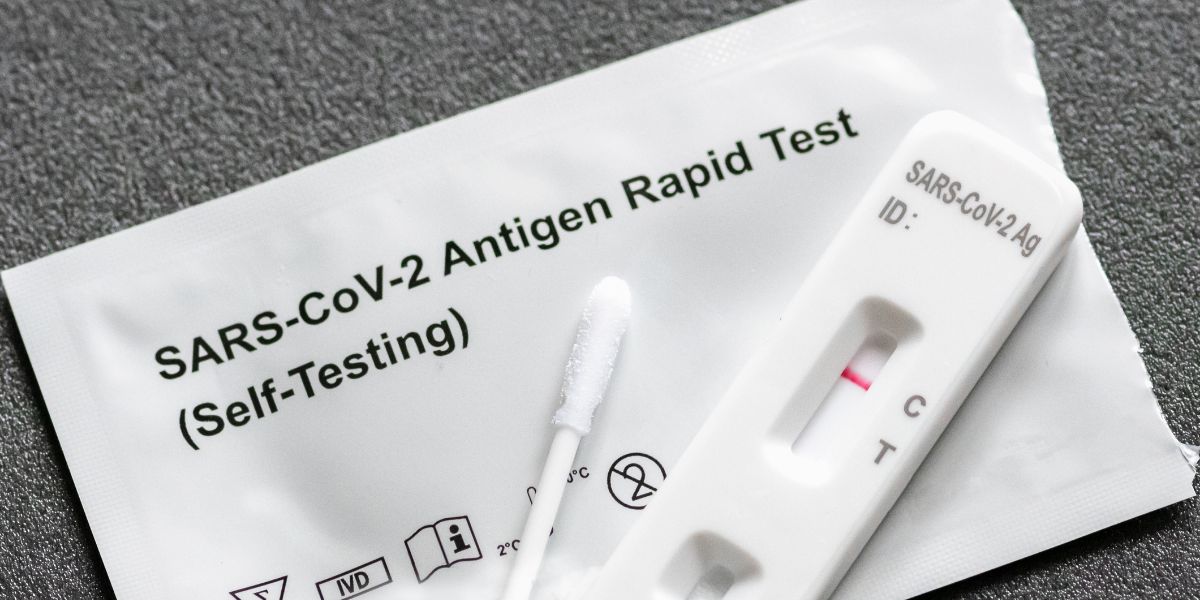People who eat more sugary food and drink and less fruit and vegetables are at greater risk of developing depression, diabetes and stroke.
A team from the University of Surrey analysed data from 180,000 people, looking at their food preferences and using artificial intelligence to divide them into three groups:
- Health-conscious: Those who prefer fruits and vegetables rather than animal-based foods and sugary foods
- Omnivore: Those who like most foods, including meats, fish, and some vegetables, along with sweets and desserts
- Sweet tooth: Those who prefer sweet foods and drinks and are less interested in healthier choices including fruit and vegetables.
The researchers also looked at blood samples which measured 2,923 proteins and 168 metabolites to evaluate these levels in each group.
Proteins are involved in lots of processes within the body, from battling infections to thought process.
- Low intake of sugar and starch is beneficial for people with IBS
- Weekly insulin injections as effective at controlling blood sugar as daily injections
- How bats regulate their blood sugar levels could lead to new therapies for metabolic conditions like diabetes
Metabolites are molecules which are created through digestion and other chemical changes in the body. Metabolites can shed light on how well the body is working.
By using proteins and metabolites as markers for comparison, the research team were able to get a better idea of the biological differences between the three food preference groups.
Senior author Professor Nophar Geifman, Professor of Health and Biomedical Informatics at the University of Surrey, explained: “The foods that you like or dislike seem to directly link to your health. If your favourite foods are cakes, sweets, and sugary drinks, then our study’s results suggest that this may have negative effects on your health.
“We found that the sweet tooth group are 31% more likely to have depression. We also found that the sweet tooth group had higher rates of diabetes, as well as vascular heart conditions, compared to the other two groups.
“Importantly, by using data-driven artificial intelligence methods, we were able to identify groups of people defined by their food preferences, and these groups are meaningful in that they are linked to health outcomes as well as biological markers.
“Processed sugar is a key factor in the diet of many, and these results are yet more evidence that, as a society, we should do all that we can to think before we eat, stressing that no one wants to tell people what to do, our job is just informing people.”
Professor Geifman said that in the sweet tooth group, they had higher levels of C reactive protein, which is a marker for inflammation. Their blood results also show higher levels of glucose and poor lipid profiles, which is a strong warning sign for diabetes and heart disease.
- American sweets containing banned ingredients on sale in UK shops
- Sweeteners a ‘helpful tool’ in reducing blood sugar levels
- Artificial sweeteners associated with type 2 diabetes and depression
In comparison, the health-conscious group – a group which consumed more fibre – were less at risk of heart failure, chronic kidney diseases and stroke.
The omnivore group had moderate health risks, the researchers found.
In the UK, it is estimated that around 9% to 12.5% of a person’s calories come from free sugar, which is sugar added to food and drink.
For adults, the biggest single contributors are biscuits, buns, cakes and fruit pies, but combined, sugary drinks and alcoholic beverages are the biggest contributors to free sugar consumption.
Read the full study in Journal of Translational Medicine.







